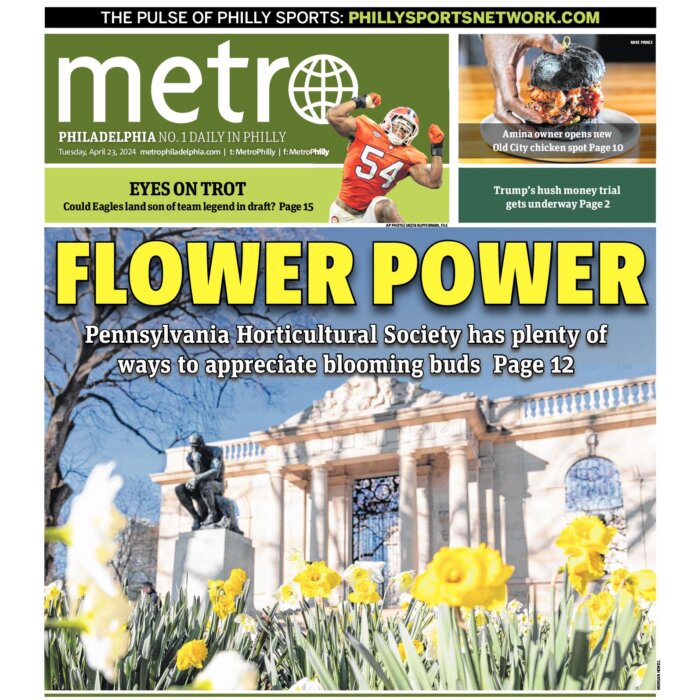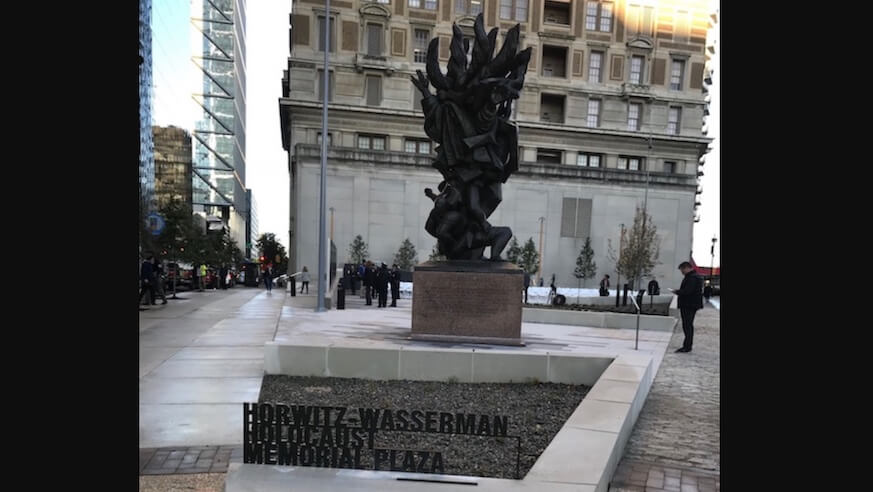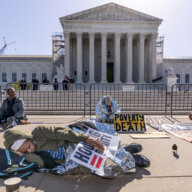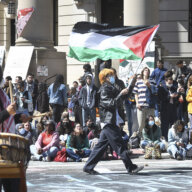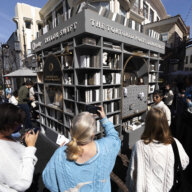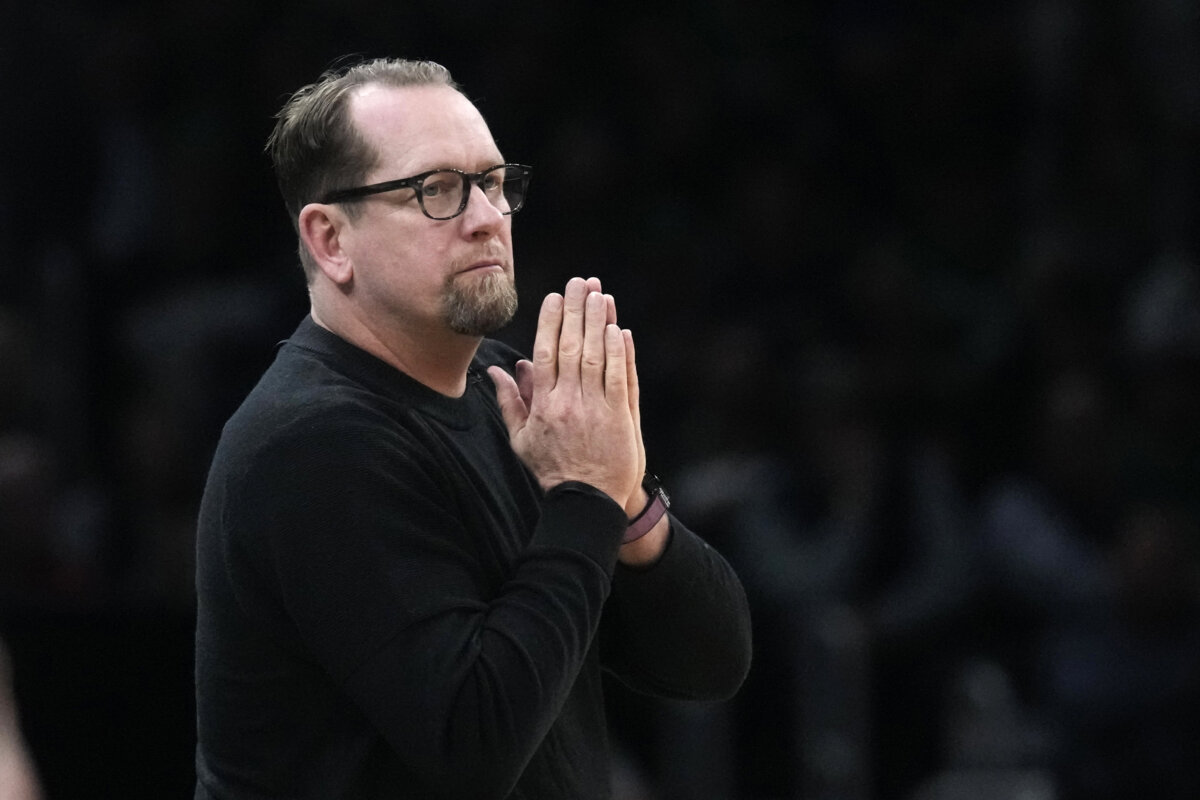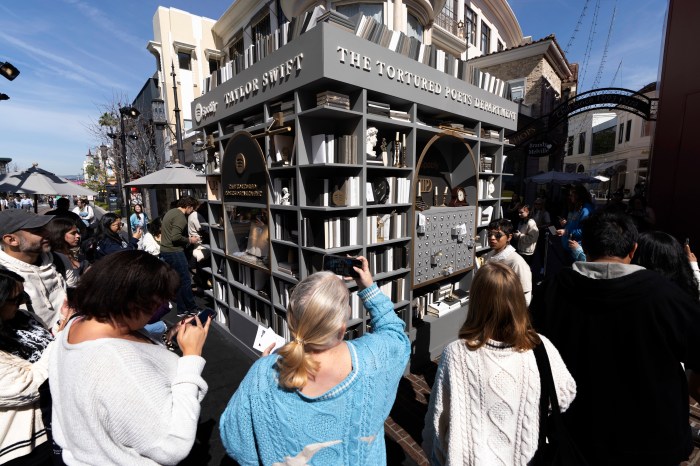Across the block from Love Park in Center City Philadelphia, a 50-year-old memorial to the Holocaust was reopened as a “living classroom” teaching tolerance and history to the next generation on Oct. 22.
The new Philadelphia Holocaust Memorial Plaza officially opened on Monday at 16th Street and the Parkway, expanding the site of the “Six Million Jewish Martyrs” statue by Nathan Rapoport installed there in 1964 – the first public memorial to the Holocaust in North America – into an educational plaza that more fully tells the story of the tragedy that Jews call the “Shoah” (Hebrew for “calamity”).
“While there is no way to repair the millions of families torn apart by the Holocaust, remembering the lessons from this tragedy and imparting them to future generations can enable us to prevent future acts of hatred,” Philadelphia Holocaust Remembrance Foundation chairman David Adelman said at the opening of the new memorial plaza. “We’ve created the Plaza as a multi-faceted living classroom with historical artifacts, poignant democratic messages, and a technology component that will be an important part of reaching the next generation.”
The re-opened Holocaust Memorial Plaza, officially known as the “Horwitz-Wasserman Holocaust Memorial Plaza,” tells the story of how the Nazi Party in Germany rose to power and orchestrated the murder of millions of innocents – an estimated six million Jews, along with another six million victims, including Communists, homosexuals, non-whites, Gypsies, the disabled, Seventh Day Adventists, and political dissidents.
Along with elected officials and dignitaries was Holocaust survivor, Anneliese Nossbaum, 90, who was imprisoned at the camps at Theresienstadt and Auschwitz.

The new Philadelphia Holocaust Memorial Plaza
“This unique memorial in Philadelphia is a stark reminder to never forget,” Pennsylvania Attorney General Josh Shapiro said in prepared remarks of the memorial. “It will serve as an important place of remembrance and reflection.”
Renovations of the plaza began in late 2017. Features of the new Philadelphia Holocaust Memorial Plaza include:
-Pieces of original railroad tracks, embedded in the pavement, on which victims were transported to the death camp at Treblinka.
-“Six Pillars,” a new sculpture symbolizing the six million who died. The pillars are presented in pairs, each chronicling one atrocity of the Holocaust and pairing it with a message from the US Constitution; “to demonstrate that so long as the United States remains faithful to the Constitution, a genocide like the Holocaust will not occur here,” PHRF said. One pillar stands “Human Equality,” and quotes the Declaration of Independence, which famously was signed in Philadelphia; in contrast, stands another pillar representing “The Master Race,” the Nazi doctrine of racial superiority of Aryans. Other pillars contrast “American Democracy” with “Totalitarianism,” and “Natural Laws” with the anti-Semitic, racially based “Nuremberg Laws” enacted in 1935 after the Nazis took power, codifying Nazi racism into law.
-A sapling grown from a tree planted by children in the Theresienstadt camp “who recognized that they were unlikely to live long enough to see it mature.”
-A tree grove that represents “the woodlands that sheltered the brave heroes of the resistance movement.”
-Additionally, a new “IWalk” app presented by the USC Shoah Foundation that provides guided tours to the memorial plaza for the public.
Available in English and Spanish, the app is both a guide explaining the memorial with maps, photos, and other media, but also includes testimonials from survivors. The USC Shoah Foundation’s Institute for Visual History and Education has compiled some 55,000 interviews from survivors.
This project was funded by a $7 million fundraising drive by PHRF. The site of the plaza is leased from the city’s Department of Parks and Recreation, and fundraising efforts are ongoing to create an endowment to fund perpetual maintenance and upkeep of the plaza.
Visit the public memorial plaza at the intersection of 16th Street and the Benjamin Franklin Parkway. To learn more, visit www.philaholocaustmemorial.org.
